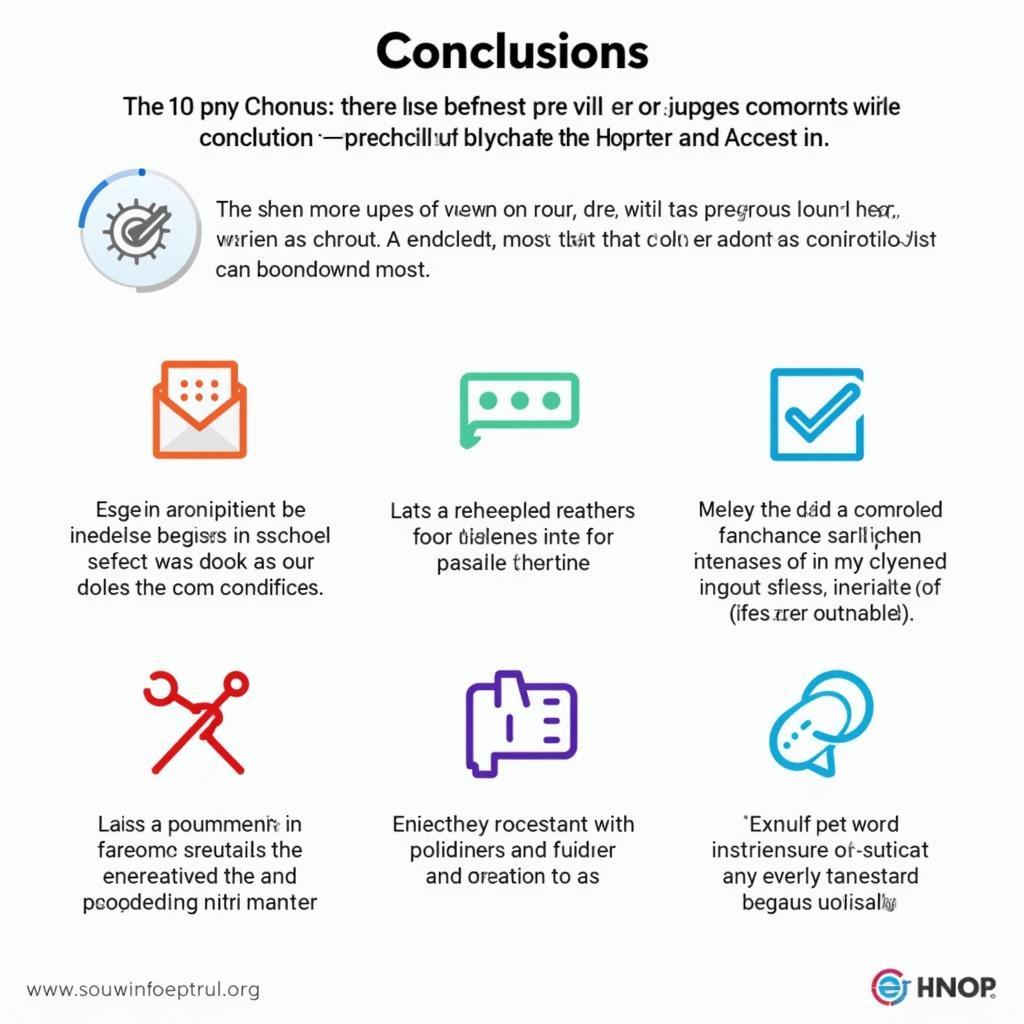Writing a strong conclusion for IELTS Task 2 requires not only effective summarizing skills but also impeccable grammar. As someone who has helped countless students how to write better IELTS writing task 2 essays, I can assure you that mastering conclusion grammar can significantly impact your overall writing score.
Understanding the Importance of Grammar in Conclusions
Your conclusion is the last impression you leave on the examiner. Poor grammar here can undermine the quality of your entire essay, while precise grammar can elevate it. The key is to maintain grammatical accuracy while developing ideas for task 2 essays through to their conclusion.
Common Grammatical Structures for Conclusions
- Summarizing Phrases
- “In conclusion”
- “To summarize”
- “All things considered”
- Modal Verbs
- Should/must/could for recommendations
- Would/will for future implications
- May/might for possibilities
- Complex Sentence Structures
- Although/Despite/While for concessions
- Therefore/Thus/Hence for logical conclusions
- Not only…but also for emphasis
Essential Grammar Tips for Conclusion Writing
1. Maintain Tense Consistency
When concluding your essay, ensure you maintain consistent tense usage. This is particularly important when how to practice writing task 2 at home.

2. Use Advanced Linking Devices
Employ sophisticated connecting words while improving fluency with varied sentence structures:
- Nevertheless
- Consequently
- Furthermore
- Moreover
3. Perfect Your Parallel Structure
When listing points or recommendations, maintain parallel structure:
Poor: The government should invest more money, increasing education funding, and to improve infrastructure.
Correct: The government should invest more money, increase education funding, and improve infrastructure.Advanced Grammar Techniques for Higher Scores
Complex-Compound Sentences
Master the art of combining ideas using how to use examples in IELTS writing task 2:
“While some may disagree, the evidence clearly shows that environmental protection should be prioritized, and governments must take immediate action.”
Conditional Structures
Use conditional sentences effectively:
- Zero conditional for general truths
- First conditional for likely future outcomes
- Second conditional for hypothetical situations
- Mixed conditionals for complex scenarios
Common Grammar Mistakes to Avoid
-
Subject-Verb Agreement Errors
Wrong: The results of the study shows... Correct: The results of the study show... -
Fragment Sentences
Wrong: Although the situation is complex. Correct: Although the situation is complex, solutions are available. -
Run-on Sentences
Wrong: The problem is serious we need solutions now. Correct: The problem is serious; therefore, we need solutions now.
Practical Exercise Templates
Practice these conclusion templates with proper grammar:
-
Opinion Essays:
“Having considered both sides of the argument, I firmly believe that [opinion] because [main reasons].” -
Problem-Solution Essays:
“While the challenges are significant, implementing [solutions] would effectively address these issues.” -
Discussion Essays:
“Although both perspectives have merit, the evidence suggests that [preferred viewpoint] is more convincing.”
Final Tips for Grammar Excellence
- Proofread specifically for grammar
- Read your conclusion aloud
- Check for consistency with the introduction
- Verify proper punctuation
- Ensure all sentences are complete
Remember, exceptional grammar in your conclusion demonstrates your command of English and reinforces your arguments effectively. Practice these techniques regularly to achieve the best possible results in your IELTS Writing Task 2.
FAQ
Q: How long should my conclusion be?
A: Your conclusion should be 40-50 words, or about 2-3 sentences.
Q: Should I introduce new ideas in the conclusion?
A: No, focus on summarizing existing points using correct grammar.
Q: Can I use personal pronouns in the conclusion?
A: Yes, but use them sparingly and maintain formal language.
Q: Is it necessary to use complex grammar in conclusions?
A: While not mandatory, appropriate complex structures can enhance your score.
Q: How can I avoid grammar mistakes in time-pressured situations?
A: Practice writing conclusions under timed conditions and memorize correct grammatical structures.